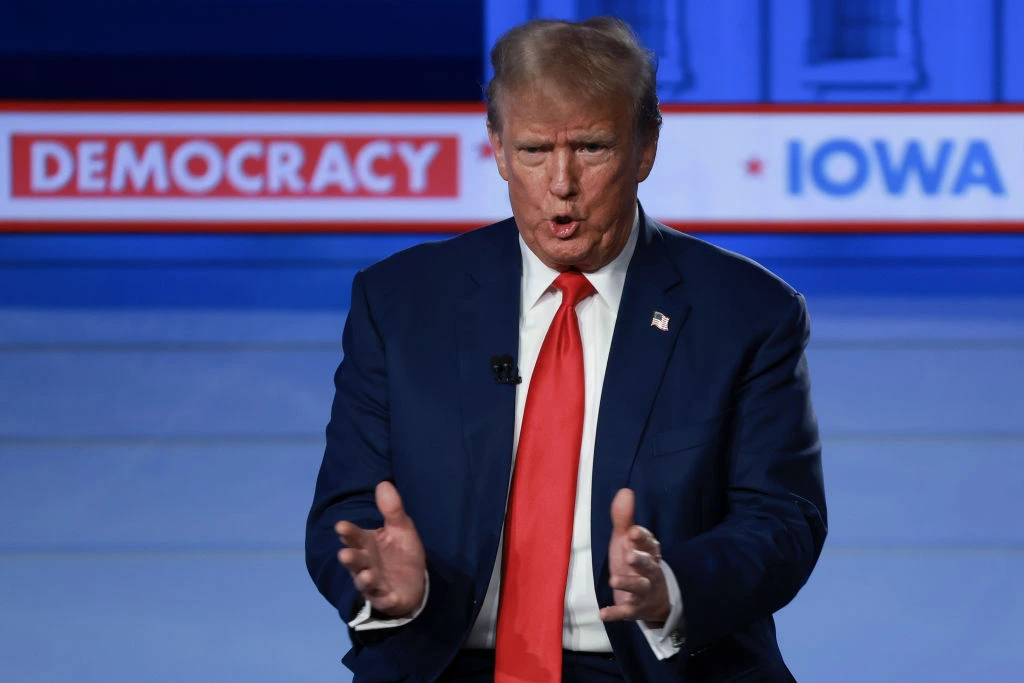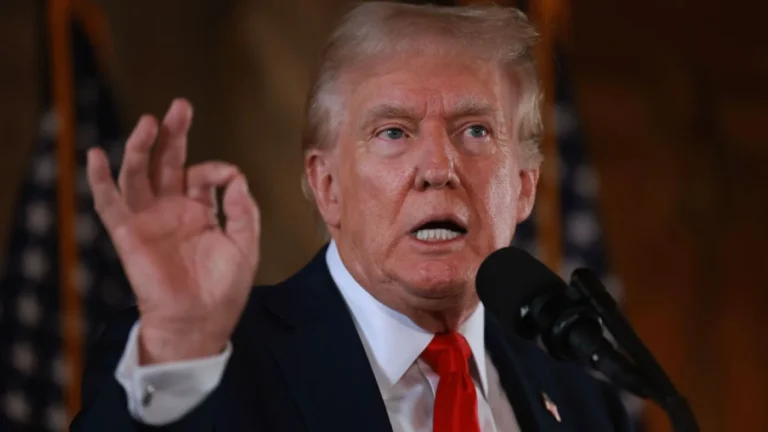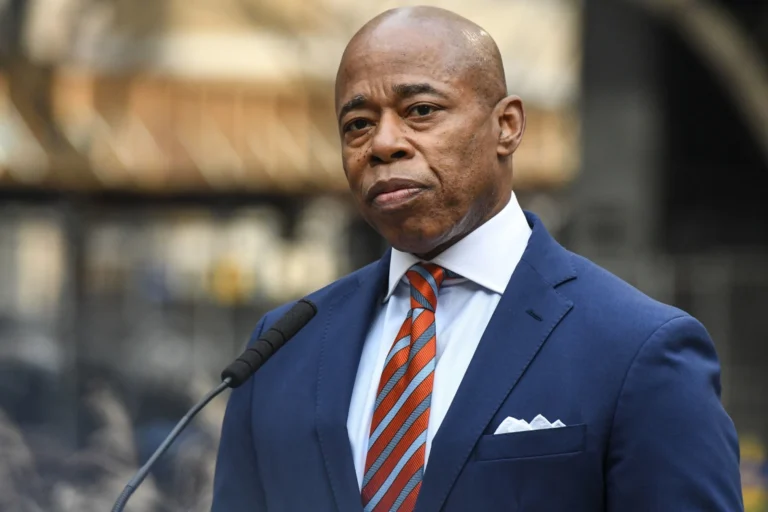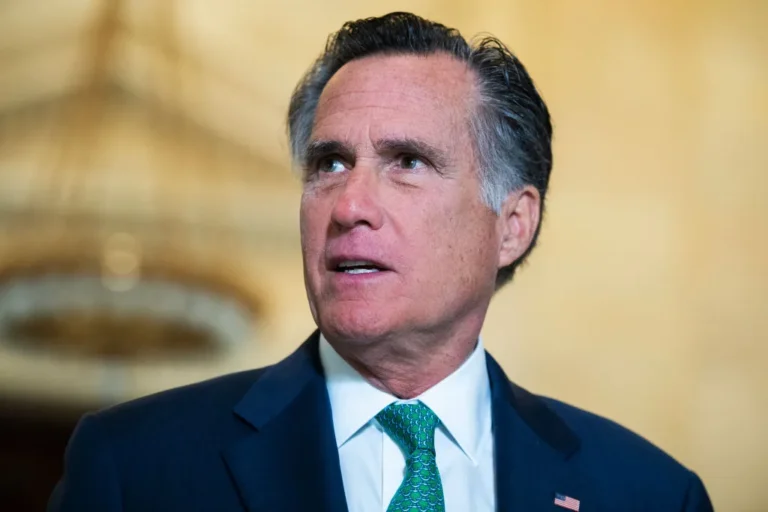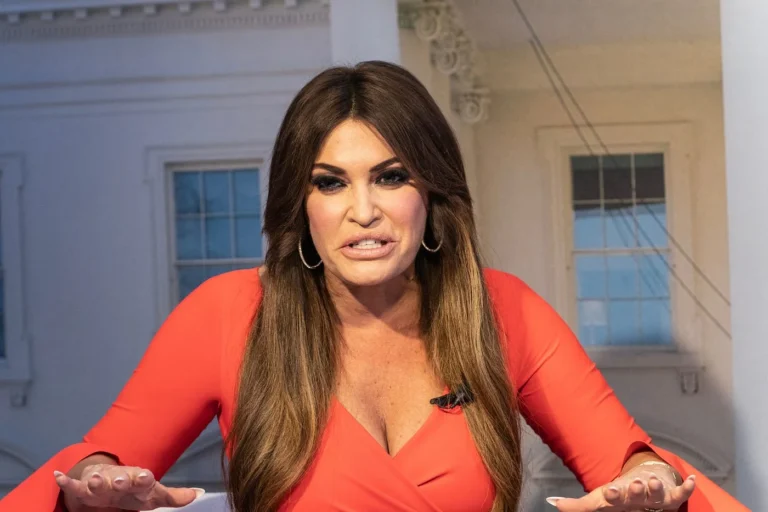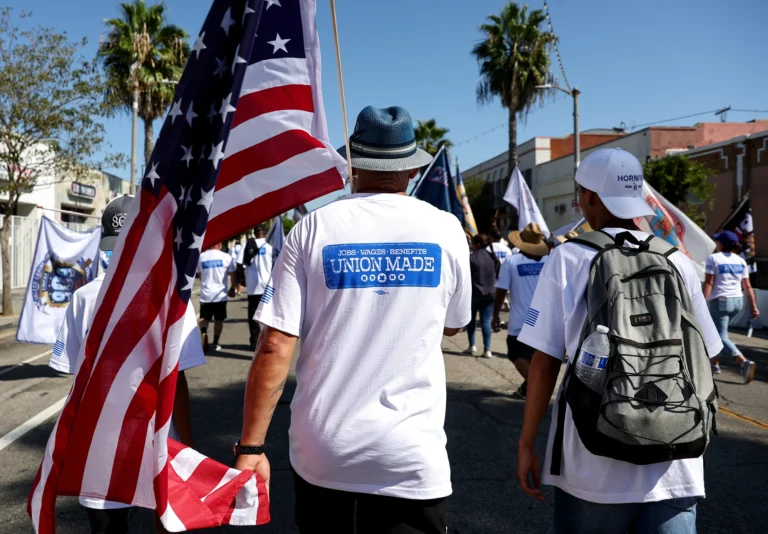Two months ago, Kamala Harris was officially nominated as the Democratic presidential candidate at a vibrant, hopeful national convention held in Chicago. For the thousands of Democratic loyalists attending, this moment marked a new chapter. Harris was seen as the party’s best chance to stop the return of Donald Trump to the Oval Office. The former vice president’s nomination signaled a shift from the 81-year-old incumbent, President Joe Biden, who, despite his successes, had become emblematic of the challenges facing an aging leadership struggling to address the nation’s pressing issues effectively.
However, even amid the celebrations, whispers of concern floated among senior party strategists. Many quietly worried that the enthusiasm surrounding Harris’s candidacy might be misleading. They feared Democrats were underestimating the challenges Harris would face in a deeply polarized political climate and in reaching beyond the Democratic base. Now, as election day draws near and anxieties reach a crescendo, it appears that these concerns were prescient.
There’s no denying that Harris initially enjoyed a swell of momentum after her nomination. Polls reflected a significant boost, with Harris outperforming Biden’s prior polling numbers against Trump, who was steadily leading in head-to-head comparisons with the sitting president. Harris appeared to have tapped into an energy that reignited the Democratic base, which had grown apprehensive of Biden’s age and capacity for another term. Yet, in the weeks since her nomination, the question of whether Harris can reach beyond traditional Democratic voters and galvanize independents and moderate Republicans remains unanswered.
Recent polling shows a race that has tightened in key states, reducing the gap to a virtual tie. Election experts indicate that Harris’s early gains may have stalled, while Trump has made substantial inroads in the historically crucial “blue wall” states—Michigan, Wisconsin, and Pennsylvania. These states offer Harris her clearest path to victory, but recent shifts indicate that these battlegrounds are more volatile than initially believed. Additionally, Trump has gained support among demographics that have traditionally leaned Democratic, including Black and Latino voters.
While the polls are close in these swing states, they remain within the margin of error, which means the outcome is still uncertain. Despite this, the perception of momentum shifting toward Trump has pressured Harris and her campaign to adopt a more confrontational tone. During her acceptance speech at the Chicago convention, Harris approached Trump with humor, dismissing him as an “unserious man” and “weird.” In the weeks since, however, her rhetoric has escalated dramatically. Harris now labels her Republican opponent as a “fascist” and “increasingly unhinged and unstable,” underscoring the potential risks she claims a second Trump term would pose to American democracy.
Initially, Harris framed her campaign around a message of unity and optimism, promising a brighter, more joyful America. But with polls tightening and Trump’s advances in swing states, her tone has shifted toward a more urgent warning. The former vice president’s campaign now paints a picture of a future where a re-elected Trump could undermine democratic norms and erode key social and economic protections.
While polling suggests Harris is likely to win the popular vote, Democrats are all too aware that a popular vote victory alone won’t secure her the presidency. The electoral college dictates that she must capture key battleground states to prevail. This challenge is compounded by the fact that, as Harris campaigns across these states, she faces an electorate still grappling with mixed feelings about her.
The reservations about Harris among certain voter groups, especially in battleground regions, are glaringly apparent. One of the most pronounced issues for Harris is in Michigan, a state Biden narrowly won in 2020 by just over 150,000 votes. Michigan holds the highest concentration of Arab-American voters in the country, a demographic that feels increasingly alienated by the Democratic party’s foreign policy stance. Biden’s administration has been criticized by these communities for its handling of U.S. relations with Israel, especially during recent escalations in Gaza and Lebanon. Harris, having served as Biden’s vice president, is perceived as sharing responsibility for these policies, and that has placed her in a delicate position as she campaigns.
Harris’s difficulties aren’t limited to foreign policy challenges. Within the broader context of her campaign, she also faces skepticism from voters who feel they don’t yet fully know her or her vision for the country. Despite years in the public eye, both as a senator and vice president, Harris’s political identity and policy priorities are still unclear to some voters. While her supporters argue that she represents a historic choice as the first Black and South Asian woman to potentially hold the presidency, others question whether her candidacy represents a substantive shift from the Democratic establishment or merely a continuation of the status quo.
In an era of unprecedented political division, Harris must convince a diverse electorate that her leadership will be responsive and decisive. The fragility of her coalition is evident, and her campaign has made efforts to address the unique needs and concerns of various demographic groups, from young progressive voters to suburban moderates. Nonetheless, the ability to maintain this coalition through November will be key to her success, especially if Trump’s campaign continues to galvanize conservative and independent voters around themes of economic strength and nationalism.
As the final days of the campaign unfold, the Democratic Party is pouring resources into the blue wall states, hoping to solidify Harris’s position. Yet, the outcome remains uncertain, hinging on whether she can successfully address the concerns of undecided voters, maintain enthusiasm among the base, and counter Trump’s momentum in critical regions.
Ultimately, as Harris and Trump vie for the White House, the 2024 election appears to be a referendum not only on the past four years but also on the future trajectory of American democracy. Both candidates’ visions have come into sharper focus in recent weeks, and as election day approaches, it is evident that the stakes have never been higher.
